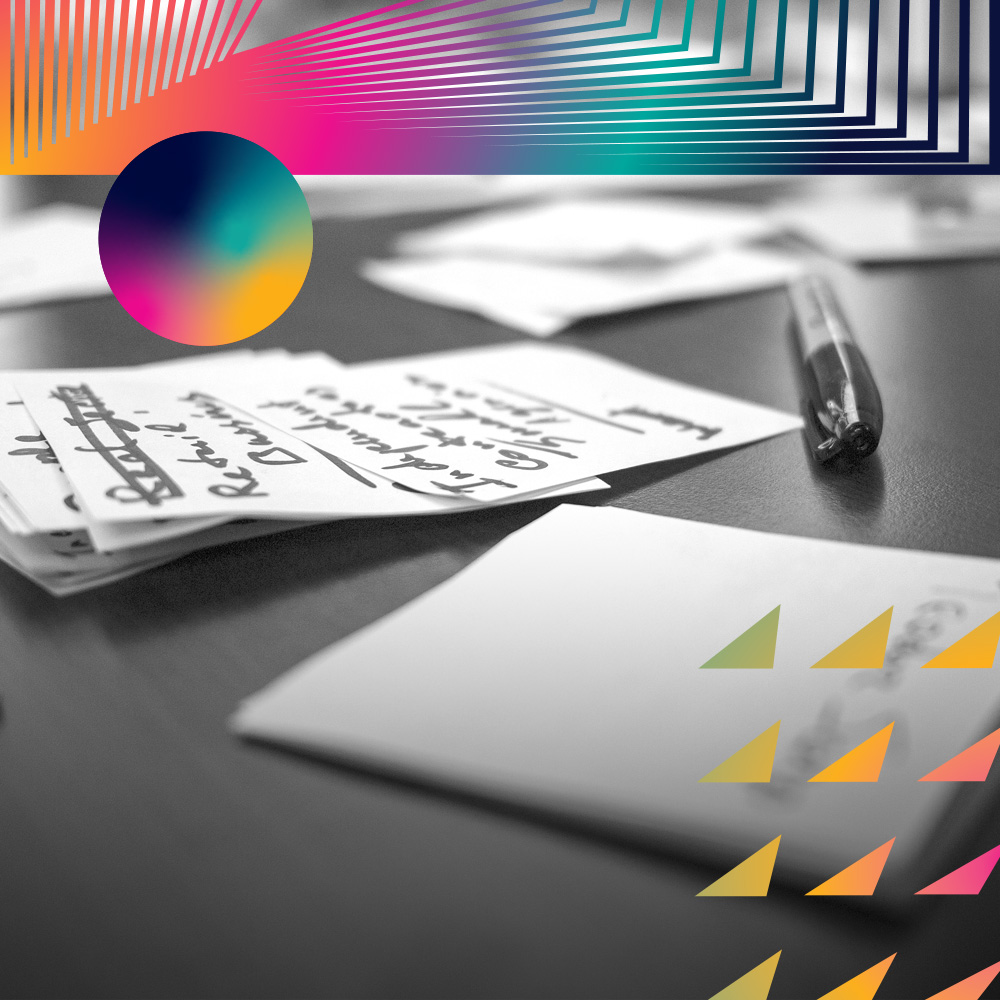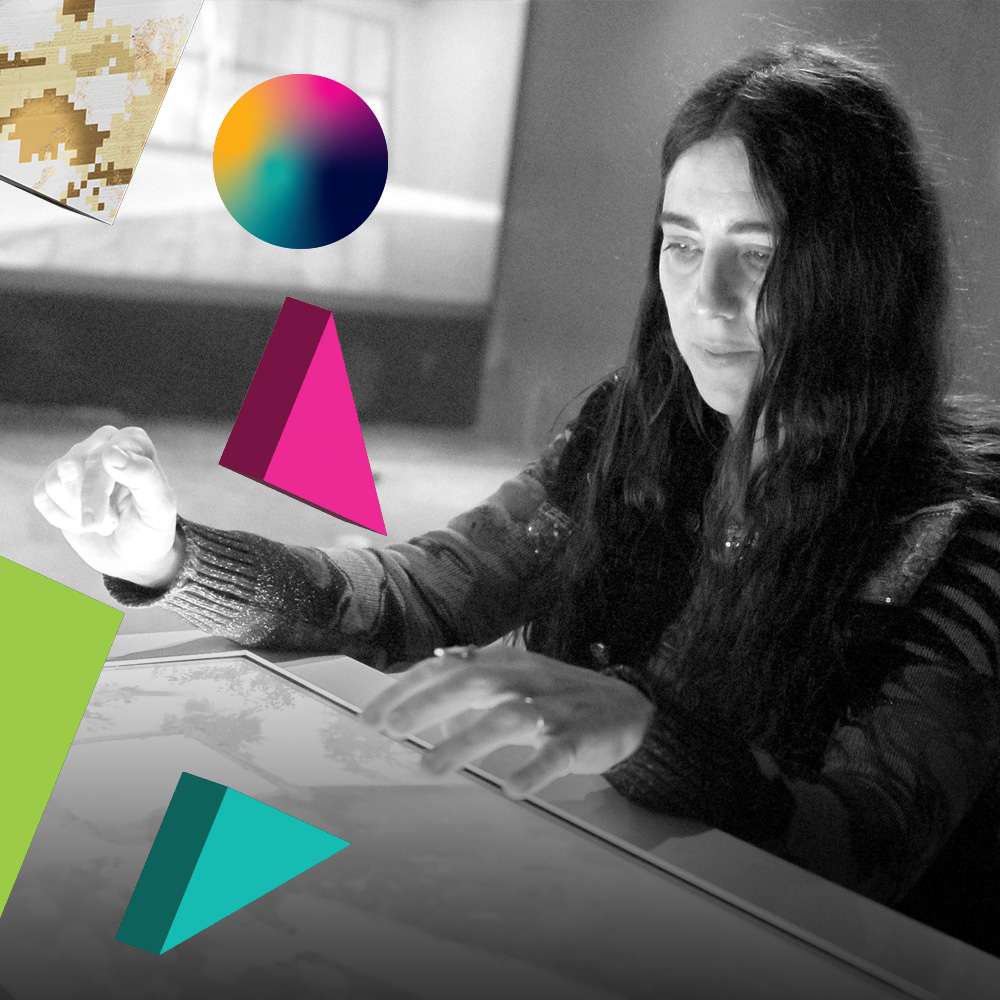What is the Master of Design (MDes)?
MDes is a full-time in-person industry engaged program. The 12-month master’s program will guide students through creative problem exploration, innovation, solution finding and build capacity to engage with interdisciplinary teams. UBC faculty and expert industry mentors come together to provide an inspired, applied and co-creative learning experience.
In the summer semesters (May—August), courses will guide learners on problem investigation, human-centered design, navigating social challenges, working with stakeholders, leveraging applications of AI and emerging technology to unravel complex challenges. In the winter semesters (September—April), the program cultivates a community of designers who will apply their design skills and tackle real-world problems using creative thinking, implementation and advanced solution skills.
The skills learned in this program will set students up for success post-graduation, enabling them to go into industry or entrepreneurship and tackle complex challenges. Students coming out of this program will be well positioned to bridge the gap between technical and creative worlds and pursue employment opportunities in diverse sectors taking on various design, innovation and product related roles.
Graduates may pursue careers in the areas of
- product management,
- design director,
- design lead,
- design strategist,
- director of product, and
- design and head of product-type roles.
Advance your career through the MDes program. Questions? Email engineering.graduate@ubc.ca
Program cornerstones

Innovation
Design for the common good with a human-centric and humanitarian focus.
Participate in seminars, discussions and workshops with experts concerning philosophical and ethical issues of human centred design and social change, drawing on the iterative design thinking process.

Design
Merging the technical specialization of engineering with creativity and entrepreneurship.
Develop a real-world solution to implement change by addressing a specific social or community challenge through a cross-disciplinary, problem-based, creative and innovative iterative design process.

Entrepreneurship
Utilize a start-up framework to develop socially and culturally-sensitive and responsive solutions.
Work collaboratively with practicing experts in related fields, projects and complex contexts to identify a challenge of concern and work iteratively throughout to problem solve sustainable solutions. Situate entrepreneurship and social innovation within diverse work settings.

Creativity
Use visualization and virtualization to foster creativity and innovation to develop design thinking.
Develop skills in design, drawing, visualization, leadership, culturally appropriate and respectful ways of collaborating, social impact, design cycle, customer discovery, and project management.
Why study design at UBC’s Okanagan campus?
The MDes program is designed for graduates of bachelor’s degrees from engineering, technical, business, creative and arts backgrounds who want to pursue a professional master’s degree and level up skills in design, innovation, entrepreneurship and creativity. This program will cultivate a community of designers ready to tackle real-world industry challenges.
Students learn from award-winning faculty from both the School of Engineering and the Faculty of Creative and Critical Studies, who bring their expertise in the areas of design, innovation, entrepreneurship, creativity and arts.


